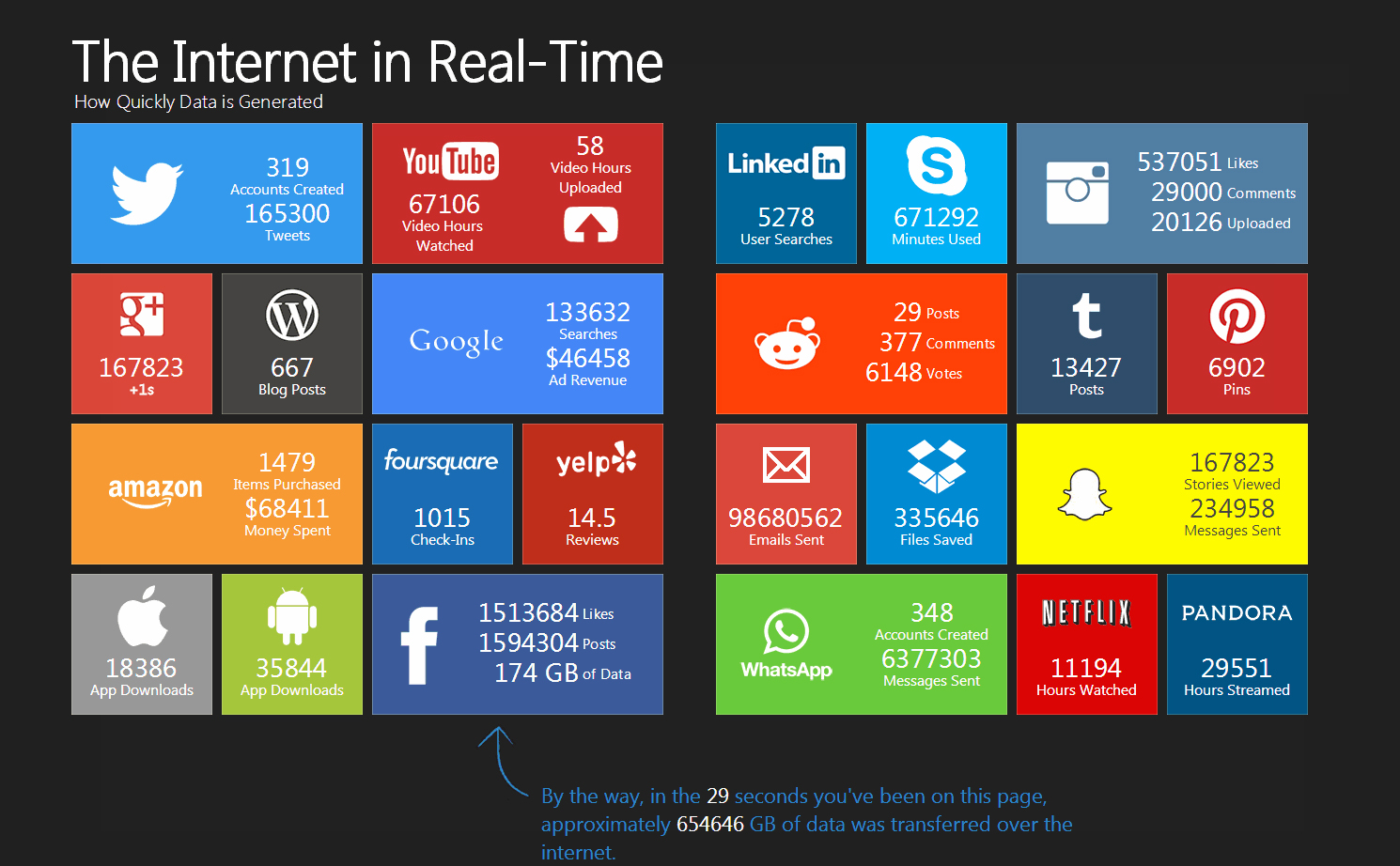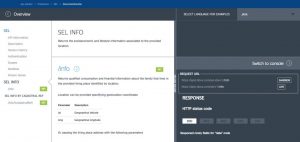The enormous amount of data that we generate every day can be a challenge for those businesses that are not able to analyze this information. Today, large companies are the ones implementing Big Data projects effectively, as for the vast majority of small business it is not an easy task, especially for those without the necessary internal infrastructure or knowledge.
However, the problem also is that many of these small businesses don’t realize that the true value of Big Data lies in the ability to interpret data and to smart decisions that help the business succeed. That’s why it is so important both for SMEs and for large corporations.
Implementing a Big Data strategy doesn’t mean analyzing all the sources we have around, nor doing great reports, but knowing what data sources we have and focus only on those that are really relevant to our business. For most entrepreneurs and startups, the most useful data is probably in social networks: in the videos people upload to YouTube, in their posts on Facebook, Twitter’s tweets, or on the photos published in Instagram, among many other actions performed on the Internet.

Although the internal data owned by a company is a clear competitive advantage, the unstructured knowledge available online, through mobile channels and social networks, is equally valuable.
Amazon, eBay and Google, for example, have been the pioneers in generating business intelligence online, getting their markets to emerge and dominating them by taking advantage of sophisticated data analysis that allowed them to understand the preferences and behaviors of their users.
Different tools available
To analyze large amounts of data, the vast majority of companies, especially large corporations, use business intelligence tools, which is how data processing was called years ago. Many of the large manufacturers, such as Microsoft, Oracle and SAP, have also made available to SMEs business intelligence tools at a more affordable price and scalable to their needs. These tools tend to combine, at least, integration and data visualization processes, dashboards, creation of reports, and advanced predictive analysis.
However, entrepreneurs and startups can start generating business intelligence if they begin to analyze their data with tools more accessible such as Facebook Insights and Twitter Analytics, which provide information about the status and influence of their users’ profiles. Google Analytics provides its users analysis of the visits to a website in real time; analysis of the behavior of visitors through heat maps; information about their origin (i.e. country, operating system and browser used); the influence of social media; the most popular content; changes in trends; conversion statistics; reports, and so on.
There are also platforms created by third parties that provide us with all the data we need to monitor and control our business on the Internet. Among these we have to include (for those who are more advanced) the use of cloud platforms such as BiyCloud Smart, that allow you to have business intelligence tools in the cloud and consolidate data from multiple sources; produce reports in Excel, Word, PowerPoint and HTML with tables, graphs and objects; send information to users occasionally or on a regular basis, and even restrict deliveries based on the worth of the data, among other features.
It should be noted that the aim of these tools is not only to analyze the past, but with the data that they provide try to also analyze the future and act accordingly. Today, the fact of knowing that a purchase has been made is no longer enough. Now, knowing the profile of the customer who made the purchase, what he bought and why might be the key to gain competitiveness.
Thus, using a good analysis of the data it is possible to create customized online experiences, determining what items should be displayed on the website of your business and may interest the user, even if they don’t fall into a tightly targeted selection. As discussed above, companies like Amazon, eBay and Google have taken advantage of it, and now this is a technique available to any company.
Last tips
Finally, in BBVA we have put together some guidelines for starting a Big Data strategy in any business without getting lost along the way:
– Don’t boil the ocean – prioritize technology investments.
– Develop a roadmap – look for guidance on what technologies are the best investments based on current business strategies and existing investments.
– Find value from within – audit and leverage information that already exists in corporate data sources, understanding existing data assets can help drive more streamlined Big Data use cases.
– Be a leader in the social revolution – look for data in new sources, going beyond traditional structured data sources.
– Enable a competency center – build a team of stakeholders that promote collaboration, open communication and alignment of business and technology.



























